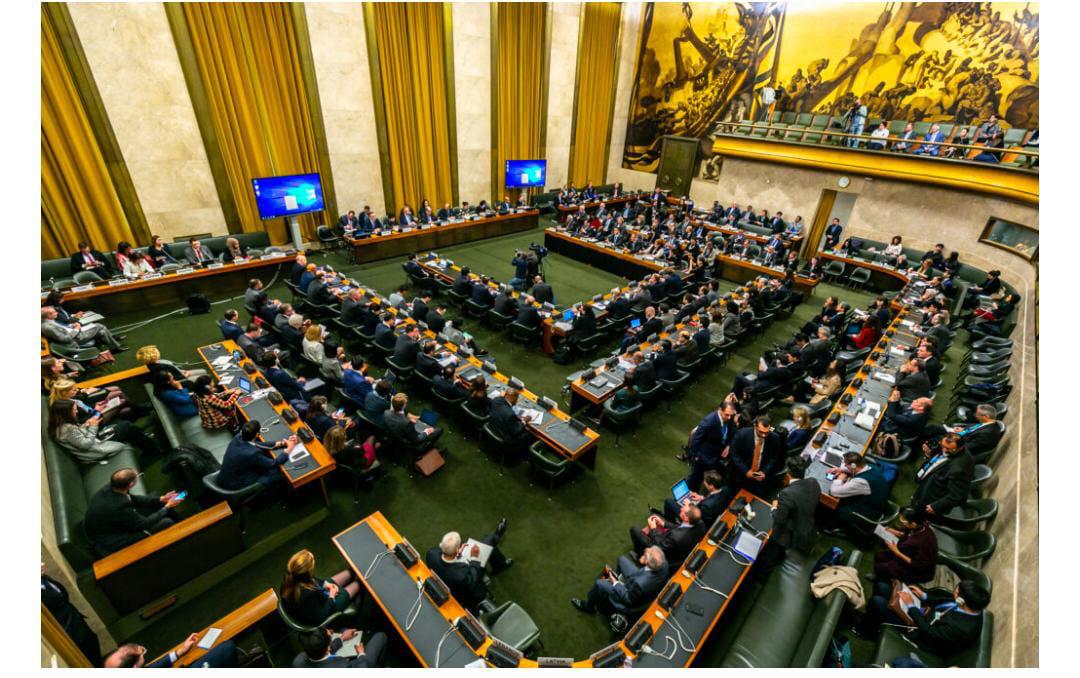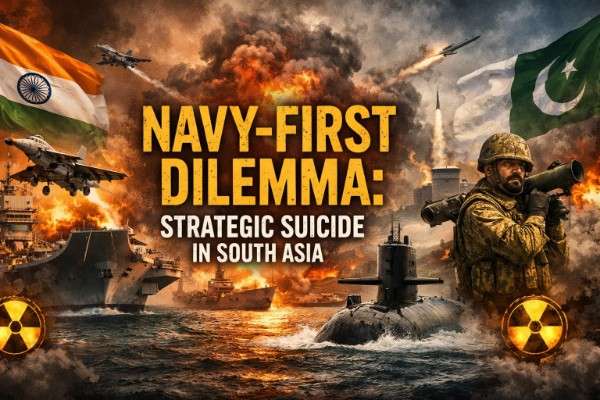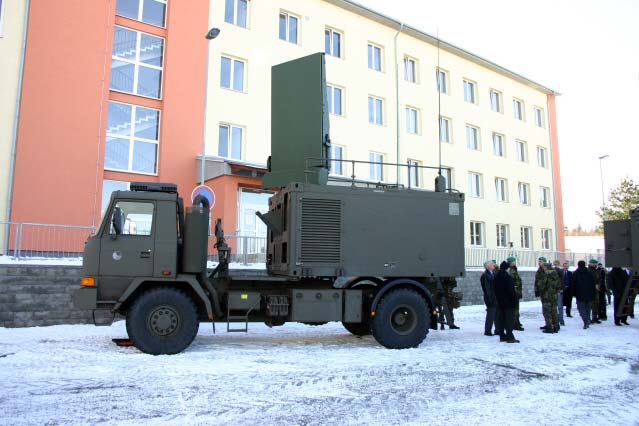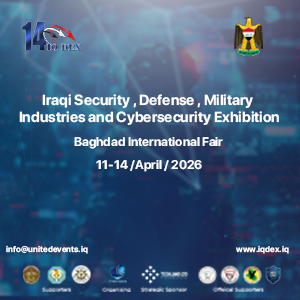The Conference on Disarmament (CD) held its first session from January to March 2025, during which Pakistan reiterated its long-standing and principled stance on the pressing necessity to finalise a legally binding international instrument on Negative Security Assurances (NSAs). With the theme “Overview of security assurances and review of past work within the CD and other UN bodies,” Pakistan’s delivered a statement during the first meeting of Subsidiary Body 4 (SB4), trying to address one of the oldest, yet unresolved, issues in the global disarmament agenda by providing both a historical review and a prospective proposal. But the real question is: will states ever be able to overcome their differences and break the deadlock on NSA. The 2025 CD session presents a rare but fragile chance to advance legally binding NSAs.
Negative Security Assurances (NSAs) refers to assurance by Nuclear weapon States (NWS) to Non-Nuclear weapons states regarding the non-use or threat of use of nuclear weapons. The idea emerged during the Cold War when non-nuclear-weapon states (NNWS) became more worried about the potential use or threat of use of nuclear weapons against them. To minimize their fear of being attacked by the NWS, the UN General Assembly in 1966 passed the 21/53A resolution. It called for the Eighteen-Nation Committee on Disarmament—the forerunner of the Conference on Disarmament—to examine proposals in which NWS would pledge not to use or threaten to use nuclear weapons against NNWS.
Following this, in 1968, the issue of assurances became more urgent when the Treaty on Non-Proliferation of Nuclear Weapons (NPT) was negotiated. NNWS seek credible guarantees in exchange for accepting a permanent non-nuclear status. However, as per NPT, NWS limited themselves to unilateral political declarations rather than binding commitments.
Although the idea of NSAs is widely supported in theory, different strategic positions among NWS make it challenging to reach consensus on negotiations. Some states, including China, have argued for legally enforceable NSAs and their inclusion in larger disarmament frameworks, expressing conditional support. Russia has supported the idea in principle, frequently connecting it to regional nuclear-weapon-free zones and NPT provisions and demanding good faith and responsibility from all NW and NNW member states. As expressed in this year’s statement, “No less relevant in the current circumstances is а substantive discussion on the topic of NSA. We reaffirm that if the program of work of the Conference is adopted, which provides for the resumption of the negotiation process, we will be ready to engage in the most active way in the development of а relevant single multilateral international treaty on this topic.”
The United States, the United Kingdom, and France have historically opposed the legally binding support on NSAs. They claim that this will restrict strategic flexibility and point out verification issues and hence favor unilateral declarations. Their position on the NSA shows insincerity of these states towards genuine nuclear disarmament and their selective, discriminatory, and self-serving interest in these issues apply to other states but not them.
Even prior to its status as a nuclear weapon state, Pakistan has consistently advocated the legally binding NSAs since the 1960s emphasizing their importance for the global security, especially in a world where the complete elimination of nuclear weapons remains a distant priority of states. In 1979, Pakistan submitted a draft at the CD on “International Convention to Assure NNWS against the Use or Threat of Use of Nuclear Weapons” (CD/10) along with submitting three working papers (CD/25, CD/120, and CD 161) from 1979-1981.
In 2023, Pakistan again took the initiative by submitting Working Paper CD/2317. The paper highlighted practical steps to end the decades-long impasse and initiate meaningful negotiations. Pakistan has continued to emphasize the moral and strategic necessity of shielding NNWS from nuclear coercion even after developing its nuclear deterrent. Since 1990, it has presented yearly resolutions on NSAs to the UN General Assembly; the most recent one was approved with no votes against it.
Challenges and Hurdles
The strategic rivalry among major power has undermined mutual trust and reduced the political space for cooperative arms control measures. This has hindered any progress toward NSA’s despite widespread rhetorical support. The current international environment is characterized by renewed great power competition and security concerns. Reaching consensus on any agenda of CD seems more challenging than ever. Many scholars consider consensus rule as a stumbling block to negotiate disarmament treaties. However, there are others who believe that smaller states can protect their national interests through consensus rule while preventing CD becoming a tool for coercion in the hands of big powers. Hence, the political considerations or interests of one or two member states might halt development even when there is near consensus. These factors have combined to cause decades of impasse. The current environment suggests the deep rooted mistrust between great powers, the renewed interest of great powers towards modernization of their arsenals and restraint from any legally binding commitments in CD. According to latest report by Federation of American scientist, the nine countries possess 12,331 warheads as of 2025. Almost 88% of world’s total inventory of nuclear weapons is held by US and Russia alone. The current modernization trend presents a contrast in P5 states rhetorical support for disarmament and other related issues in CD and NPT. In reality, these states plan to retain and modernize their arsenals without any practical steps towards disarmament. Hence their modernization plans are increasing the threat perception and security dilemmas of non-nuclear weapons without any assured and legally binding guarantees by these nuclear weapon states.
The CD 2025 session is also occurring during a particularly challenging period, as Russia and Ukraine are engaged in a largest and deadliest war in Europe since 2022. Since returning to office this year, Trump has also been indicating changes to the country’s extended deterrence strategy, security assurances to its allies in Europe, and the NATO’s defense budget and urged the European powers to do more for their security. In addition, the United States’ support for Ukraine also show some policy shifts. Therefore, under these shifting geopolitical circumstances, the nuclear weapon nations’ suspicion of one another has increased. And their desire to cooperate on disarmament and arms control issues has shown opposite trends.
NSAs are viewed as the “lowest-hanging fruit” in contrast to many other disarmament concerns. They are comparatively non-controversial, enjoy broad rhetorical support and have no insurmountable financial, legal, or technological obstacles. Pakistan is trying to detach NSAs from more difficult disarmament issues and revitalise the CD’s function as a negotiating platform by advocating for rapid talks inside SB4 as evidenced through its 2025 Statement at the First Meeting of Subsidiary Body 4. Codifying NSAs would improve international stability and restore confidence in the multilateral disarmament framework in today’s unstable security environment marked by nuclear modernisation, arms race dynamics, and eroding arms control efforts. Hence, 2025 CD plenary sessions brings an opportunity for all the member states to act towards a legally binding assurance from NWS towards NNWS to fulfill a decade old commitment ensuring a more equitable and rules-based international order.

Table of Contents
ToggleTayyaba Khurshid
Tayyaba Khurshid is currently serving as Research Officer at Center for International Strategic Studies, AJK. She holds an MPhil degree in International Relations from Quaid-e-Azam University, Islamabad and Bachelors in IR from National Defense University. She is member of Emerging Voices Network BASIC UK, a NESA Alumnus and a 2024 Gaming for Peace fellow. Her areas of interest are arms control and disarmament, emerging and disruptive technologies and impact on nuclear deterrence and Great power competition. She has presented her research work at multiple national and international conferences. Her written work spans peer-reviewed journals, book chapter, and opinion pieces in reputed platforms. She also serves as Director Outreach and leads digital content initiatives for CISS, AJK. She can be reached at tayaba.khan127@gmail.com
- Tayyaba Khurshid















